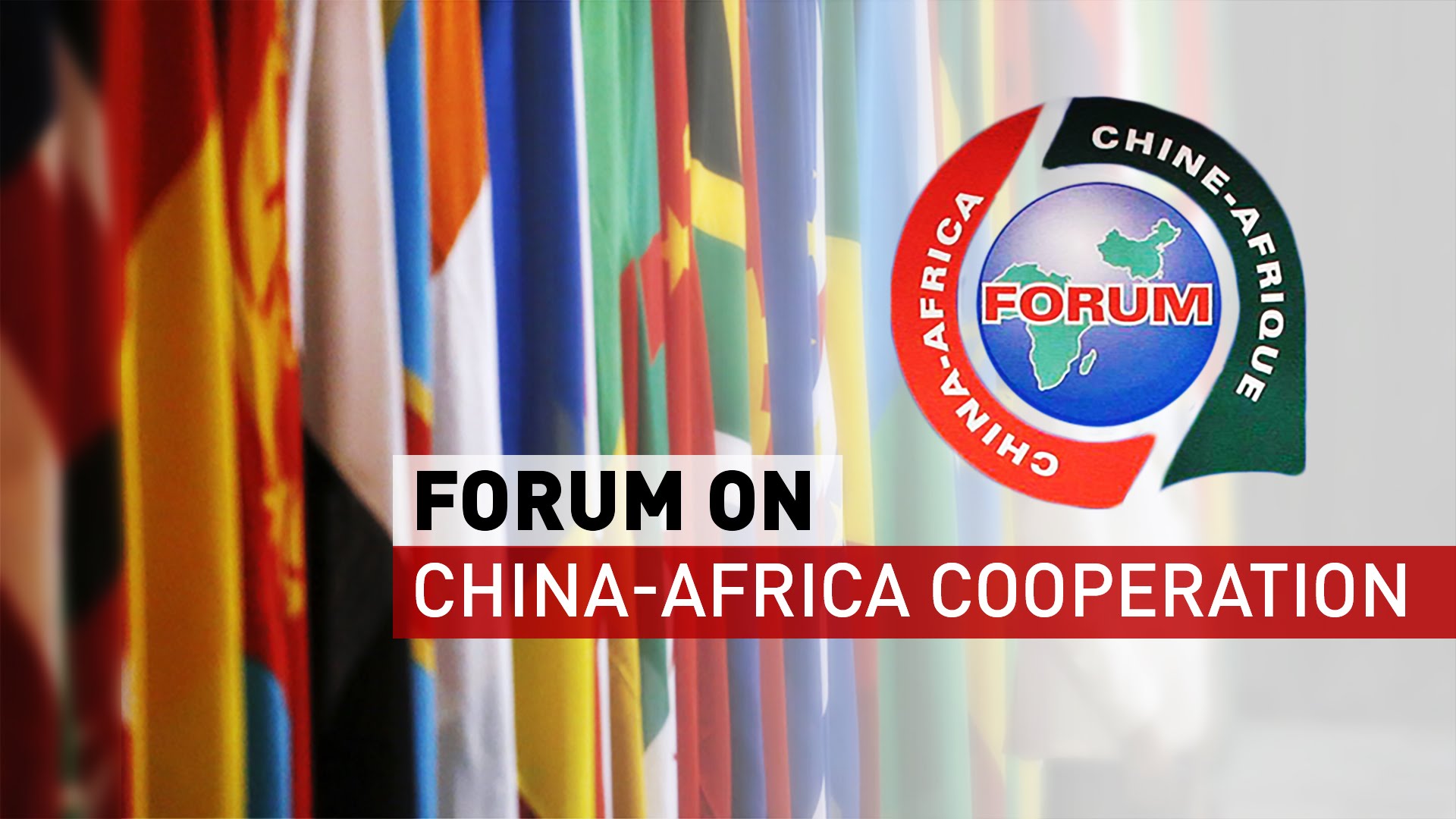
Part 1 of a series: Geopolitical Jabber
[hr]
By Jose Davila IV
[divider]
Last month, the United Nations General Assembly (UNGA) drew government officials and heads of state from all 193 member states. Widely hailed as the world’s most important meeting, world leaders addressed the gathered delegates, participated in vigorous debate, and passed resolutions that would solve global problems like climate change and economic development. Yet, a certain bloc of leaders was missing from the proceedings.
Less than two weeks before, the Chinese government hosted the sixth Forum on Chinese-African Cooperation (FOCAC) to renew its commitments to African nations and announce further political and financial agreements. Fifty-one African heads of state attended the Forum, with another two sending high ranking officials in their place. Only one of the fifty-four African states did not send a representative, eSwatini (Swaziland officially changed its name to the Kingdom of eSwatini last April), which has diplomatic relations with Taiwan.
In comparison, twenty-seven African heads of state were present for the world’s most important meeting. Twenty-four other countries also sent lower-ranking officials to New York than those who were in attendance in Beijing.
At face value, that means that more African countries thought it would be more beneficial to their interests to attend FOCAC instead of the UNGA. Why, you ask? Chinese money has been flowing into Sub-Saharan Africa at an astounding rate since about 2005, far eclipsing American and European development aid. For every one dollar that the US spends in Africa, China spends three. Also, most of China’s spending in Africa is a part of its global Belt and Road Initiative (BRI), a global plan to build a new Silk Road network of ports and highways; by contrast, the U.S. and other Western countries fund health and social initiatives in Africa and generally refrain from getting involved in investing in business there as well. Furthermore, China blurs the line between investment and aid with its vast network of state-owned companies. For example, countries rich in natural resources, like Nigeria, Ethiopia, and Angola, top the list of recipients of Chinese aid.
China believes that it is well on its way to becoming a superpower. President Xi Jinping knows that his country will not be able fully rival the US until it can march, sail, and fly all around the globe like its rival. This theory explains not only China’s spending in Africa, but also its land-reclamation projects in the South China Sea and seizure of a Sri Lankan port. The Chinese government has been expanding its economic and soft power, the idea that a nation can achieve policy goals based on its cultural influence and attractiveness, all over the world with an eye towards later expanding its military might.
In Africa specifically, the Chinese government has been focusing on infrastructure, minerals, and telecommunications development. The BRI will link Chinese-friendly ports in the Middle East and other parts of Africa to rural villages across the continent, thereby allowing greater trade of Chinese goods and possibly the creation of a Chinese monopoly on trade. Some deals, like the one just signed with the Ghanaian government, offer help in building and improving roads in exchange for bauxite, a mineral necessary for aluminum products. Chinese state-tied media companies like Xinhua and ZTE have been active in Africa for decades now, building the telecommunications infrastructure and consumer base.
Notably, the West is losing its soft power in Africa, while China has been building its own soft power up under specific directives from the country’s highest-ranking officials. Former Secretary of State Rex Tillerson’s obvious paternalism when scolding African heads of state for agreeing to dangerous loans with the Chinese on his trip through the region earlier this year and President Donald Trump’s complaints regarding refugees from “shithole” countries have hurt Africans’ view of the US, the West, and democracy on a whole. Other larger scale movements have contributed to America’s faltering soft power as well. For example, Chinese universities are issuing more scholarships to African students than American and European universities. In addition, the proposed gutting of foreign aid into the region will further exacerbate the view that the US has given up its long-term promotion of democracy in Africa and all around the world. The American government seems content to cede this territory to the Chinese.
Soon enough, the West could be ceding actual territory as well. Debt-trap diplomacy worked exceedingly well for the Chinese in Sri Lanka where they seized the Port of Hambantota after the Sri Lankan government could not pay back the debt it had incurred in the construction of the Port. What’s to say China will not attempt a similar maneuver to create quasi-bases and roads linking them across the continent? Obviously, such an action would pose a direct threat to the security of the West. Therefore, the UN, the US, and other international actors must, in earnest, reach out to include African heads of state and offer better alternatives to growing Chinese hegemony on the continent. Only then will the “world’s most important meeting” actually live up to its billing.
[hr]
Jose is a first year in Morse College. He can be reached at jose.davilaiv@yale.edu.